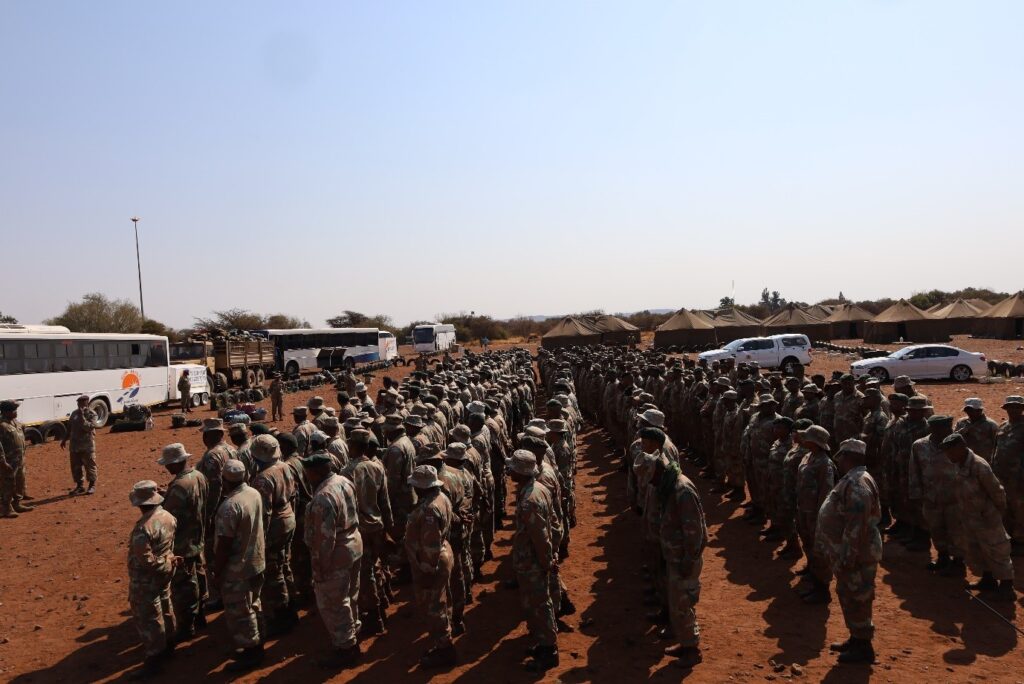Defence and Military Veterans Minister Angie Motshekga does not appear to be optimistic that the 2025/26 financial year will deliver a break-even point for compensation of employees (CoE) when the projected expenditure is the same as the budget appropriation.
The CoE expense is the single biggest item in the defence budget.
She gave four reasons for missing the break-even point when replying to a Parliamentary question asked by Economic Freedom Fighters (EFF) National Assembly (NA) public representative Carl Niehaus.
Probably the most telling reason she gives is requirements “linked to ad-hoc military operations” saw a decision to continue military skills development (MSD) intakes annually and increase Reserve Force utilisation. This, according to her written reply, will not see projected expenditure on salaries match the budget appropriation set by National Treasury.
Other reasons are the continued CoE allocation in the defence budget remains below the personnel strength of the SA National Defence Force (SANDF)/Department of Defence (DoD); there is “unbalanced funding” as regards “ordered commitment for unplanned military operations” and the Public Service Co-ordinating Bargaining Council wage agreement is “unfunded”.
The use of early retirement without penalties as a tool to curb CoE in the wider defence public sector, in line with a similar government-wide initiative, could happen in the 2025/26 and 2026/27 financial years, she told her questioner.
Motshekga further informed Niehaus the DoD “continues to explore means and avenues to reduce CoE cost pressures” while delivering on the defence mandate.
“Measures to control CoE expenditure, which currently lies outside the DoD, requires intervention(s) that deliver significant results, in addressing the CoE deficit that is brought about by the CoE ceiling,” the ministerial response to the EFF Member of Parliament (MP) reads in closing.




